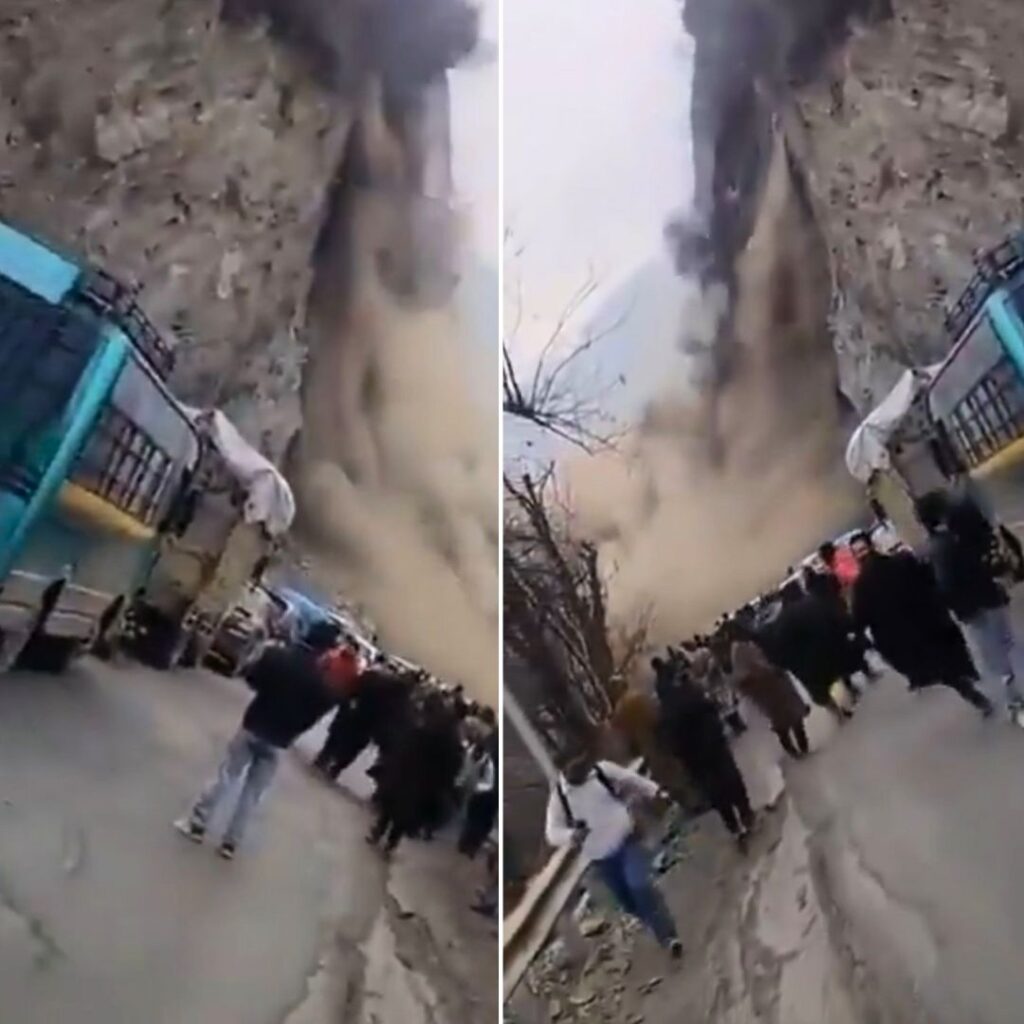Right across from what is now the defunct stadium of Honnali town in Karnataka’s Davangere district, one can see yellow coloured tents scattered sparsely on a large open field. A 15-minute walk outside the defined limits of the town is all the pain one has to take to witness what locals refer to as ‘human computers’. For the residents of Honnali, these white-clad men with pink turbans, riding on bullock carts into their town once a year is not a rare occurrence by any means.
Traditionally known as Helavaru, which in Kannada roughly translates to “narrate”, the members of this semi-nomadic community go about narrating histories of almost all families in villages of all north Karnataka districts.
Who are the Helavas?
The traditional profession of the community entails recording births, deaths, marriages and other familial issues in an encapsulated manner. It must be noted that they have been recording genealogies since the time of celebrated social reformer, Basavanna in the 12th Century AD.
However, the 800-year old unique profession of this community is threatened during the present times. An amalgamation of changing the societal structure, modernisation, dawn of the age of computerisation and the ever-growing need for educating the children have left the future of this community in a state of uncertainty. What was once considered to be a respectable profession is now being given up by many and the elders can only hope that the young ones keep it from dying.
Ettina Helavas are the ones who ride on oxen while going from one house to another
Dr K M Metry, Professor at the Department of Tribal Studies, Kannada University said that there are different idiosyncrasies within the ethnic group as well. Ettina Helava, Gube Helava, Cape helava, Mandala Helava and Adavi Helava, Ghanti Helava are some of them.
He added that Ettina Helavas are the ones who ride on oxen while going from one house to another. Interestingly, Ettina Helavas are the only ones who record data in a written format, whereas, all others do it by the virtue of retention.
The distinct profession of the Helavarus
Yallappa, 56, who is a second standard dropout, had learnt the trade from his father when he was young. Explaining the process of archiving, Yallappa said, “We go from one house to another on oxen and write down new additions or subtractions within a family after narrating the family’s histories in a song-like manner.” He is a part of a 20 member group who had travelled from Hubli Dharwad to Honnali taluk of Davangere on bullock carts and small tempos right after Ganesh Chaturthi.
Yallappa and his 24-year-old son Siddesh, clad in all white dhotis and kurtas, wrapped the books containing family histories in pink shawls and went about their way. Siddesh said that this is their source of livelihood for the months that they will be travelling. “Sometimes we get food grains, money and even cattle from the houses we go to, this helps us sustain for the months we are here,” said Siddesh.
Book containing family genealogies
While they have not forgone traditionalism, the members of the Helavaru community guard these books containing family genealogies with utmost care. Yallappa added that the data that they have recorded have played important roles in the court of law during property related cases. Additionally, there are many villagers who rely on their data to learn more about their family trees. Perhaps why, till date, these records can serve as valid proof in cases related to family feuds.
Deemed to be walking encyclopaedias by modern researchers, technology has had little effect on this ethnic group. Pointing out to a couple of photographs glued neatly next to the names of people, Yallappa said that for better memory and recognition, they now ask for pictures from different houses that helps them retain information better.
The other side of the story
Some 20 km from the town’s stadium lays a village named H. Kadadakatte, where there lies a large settlement of people belonging to the Helavaru Community. This village, comparatively nearer to the banks of the Tungabhadra River and surrounded by lush green farmlands houses families who have now given up their traditional profession and are engaged in other mainstream activities.
Nagaraja, 68, is a member of the community as well as a Panchayat member. Reminiscing the old days, he said that he has seen his father engage in the traditional profession however, he has never done the same. “In fact other than one family in Kadadakatte, everyone else has stopped leading the semi-nomadic lifestyle,” added Nagraja.
Close to 350 km from Honnali, Mr M S Helawar, a Bangalore resident had a similar story to tell. Mr Helawar, an advocate and member of State Nomadic and Semi-Nomadic Tribes Development Board said that he had heard of his grandfather leading the traditional life, however, his father chose to give it up. He said, “Back in the da…











